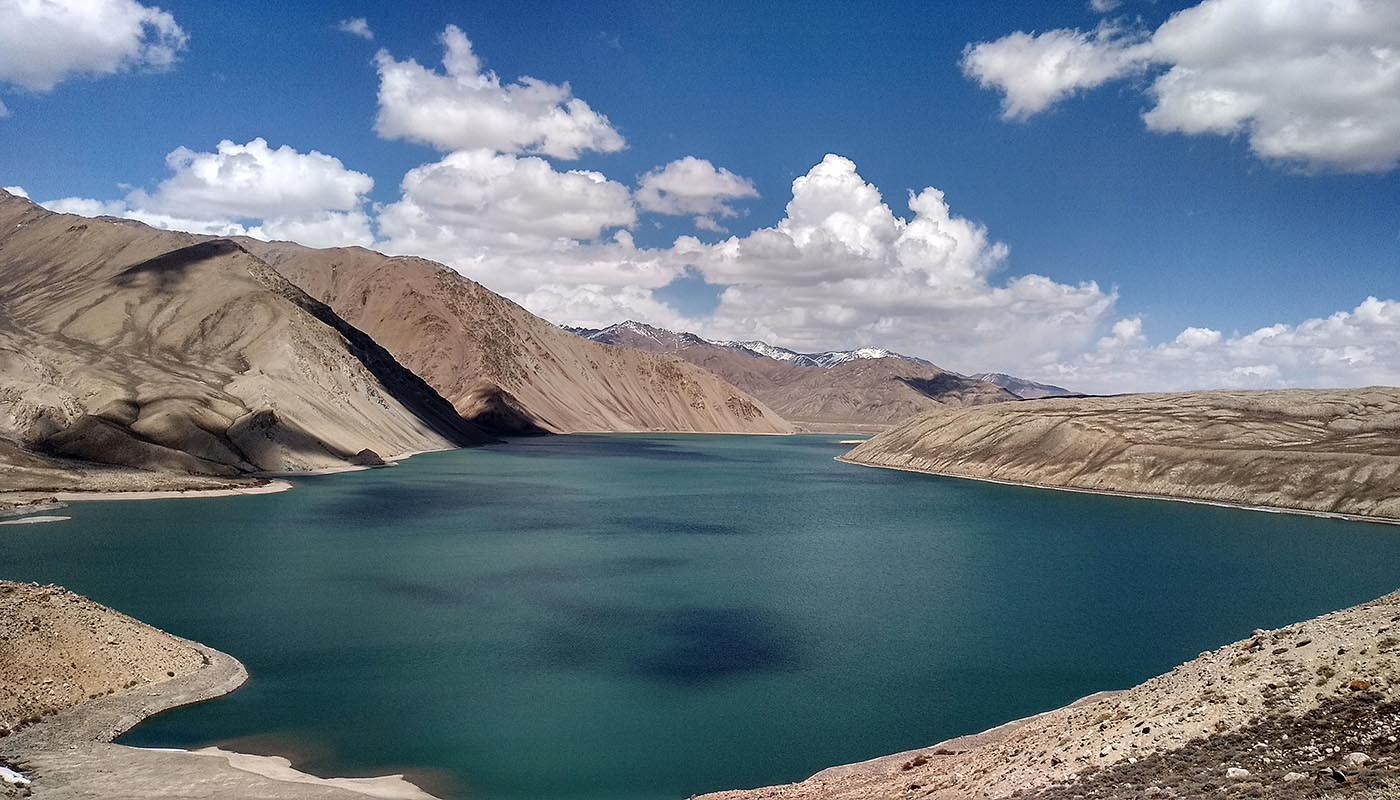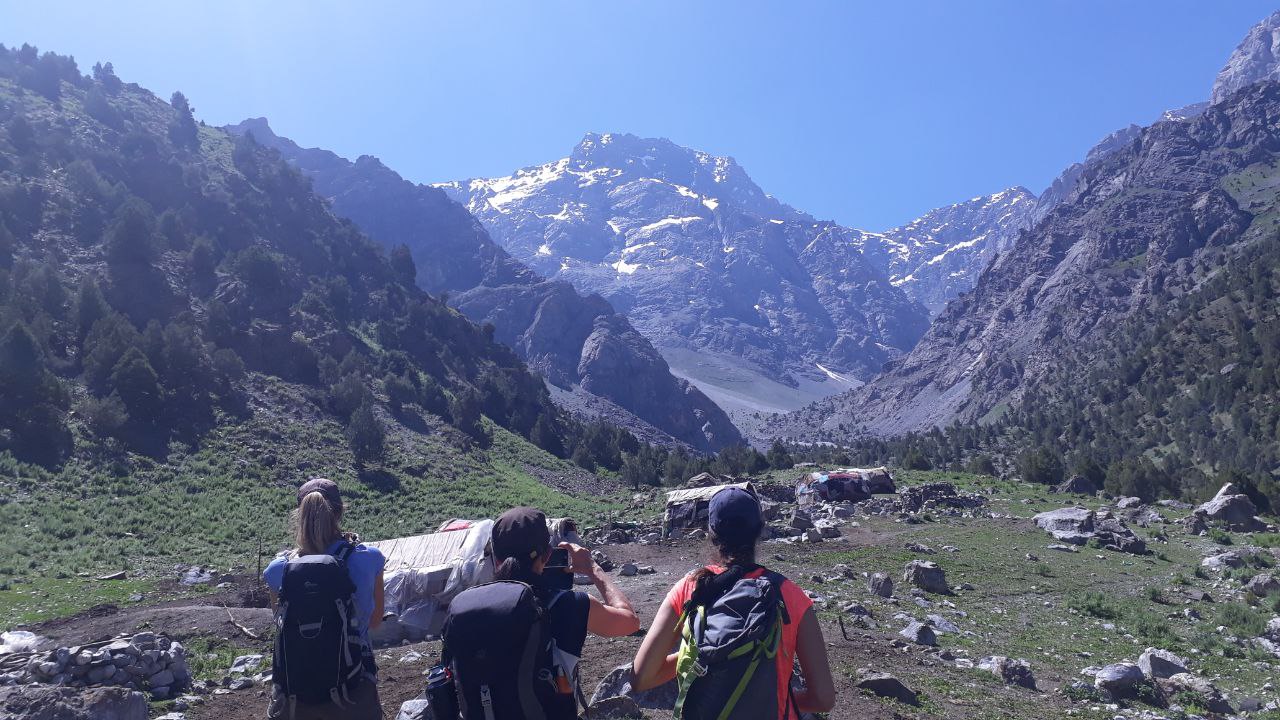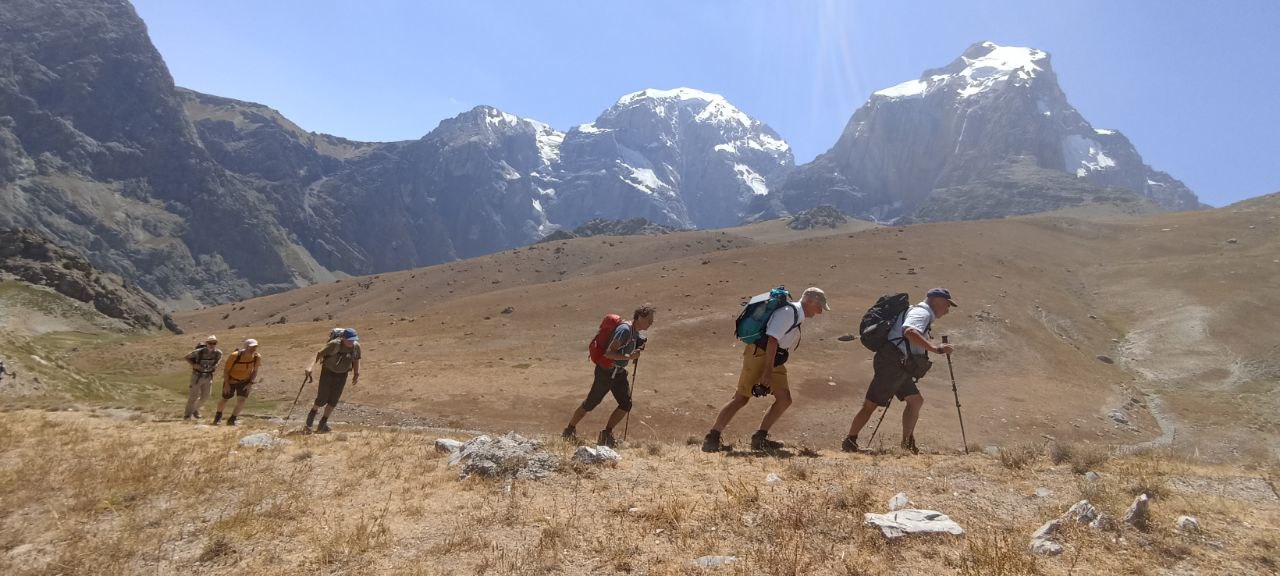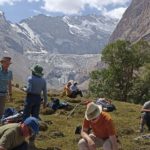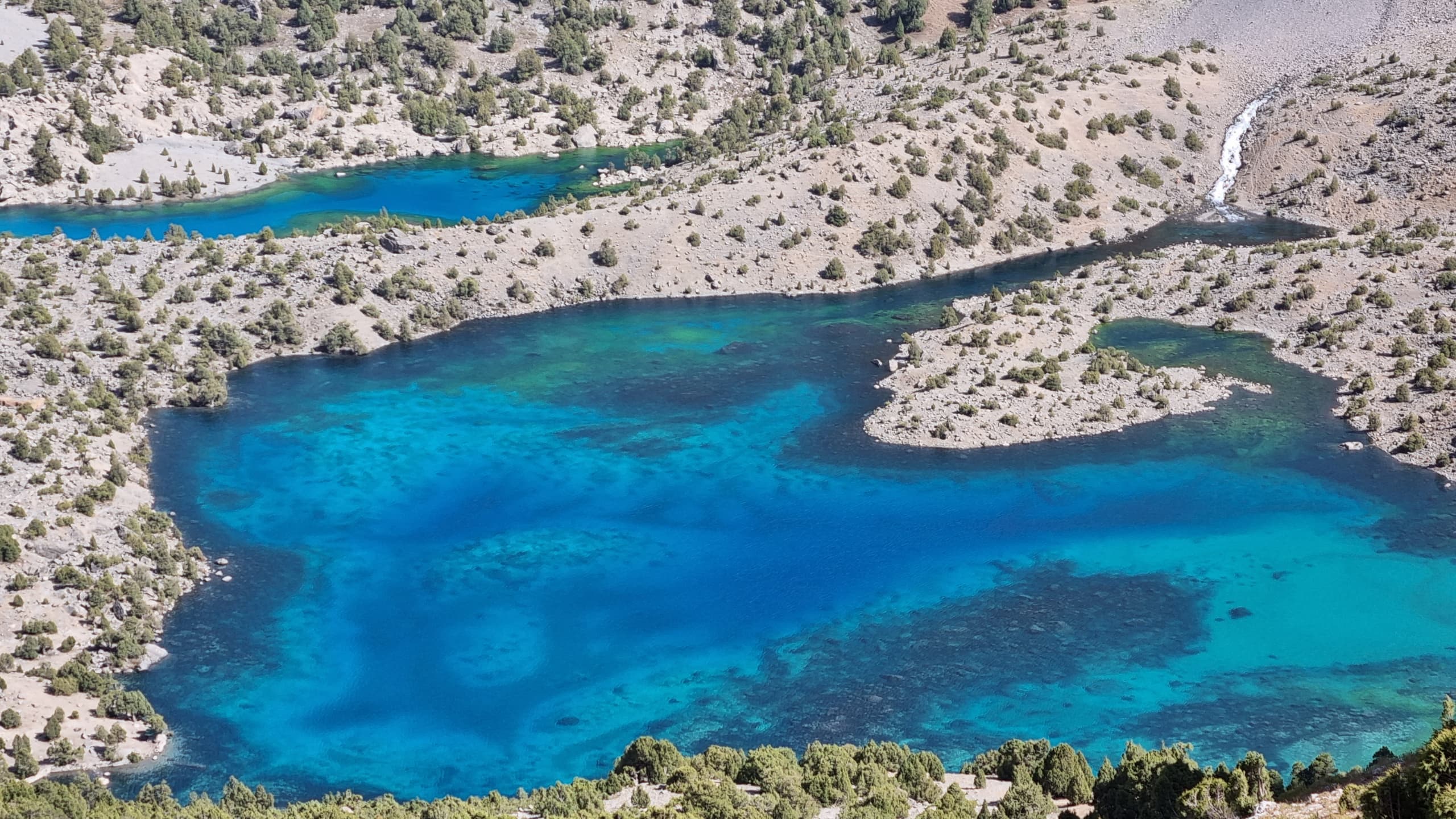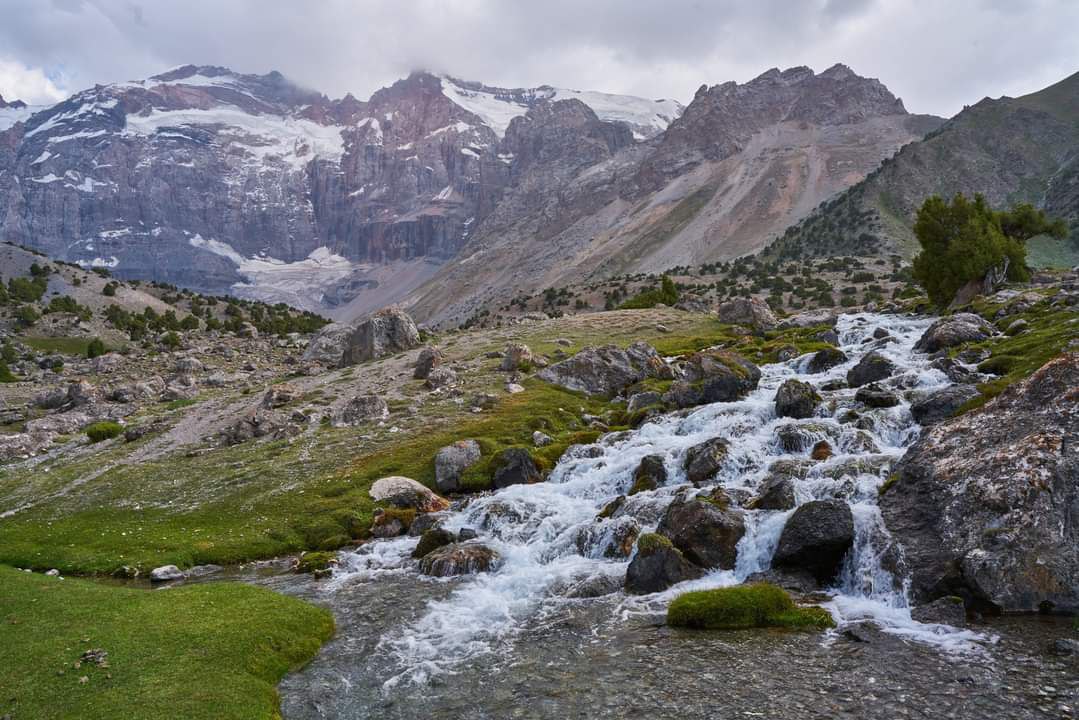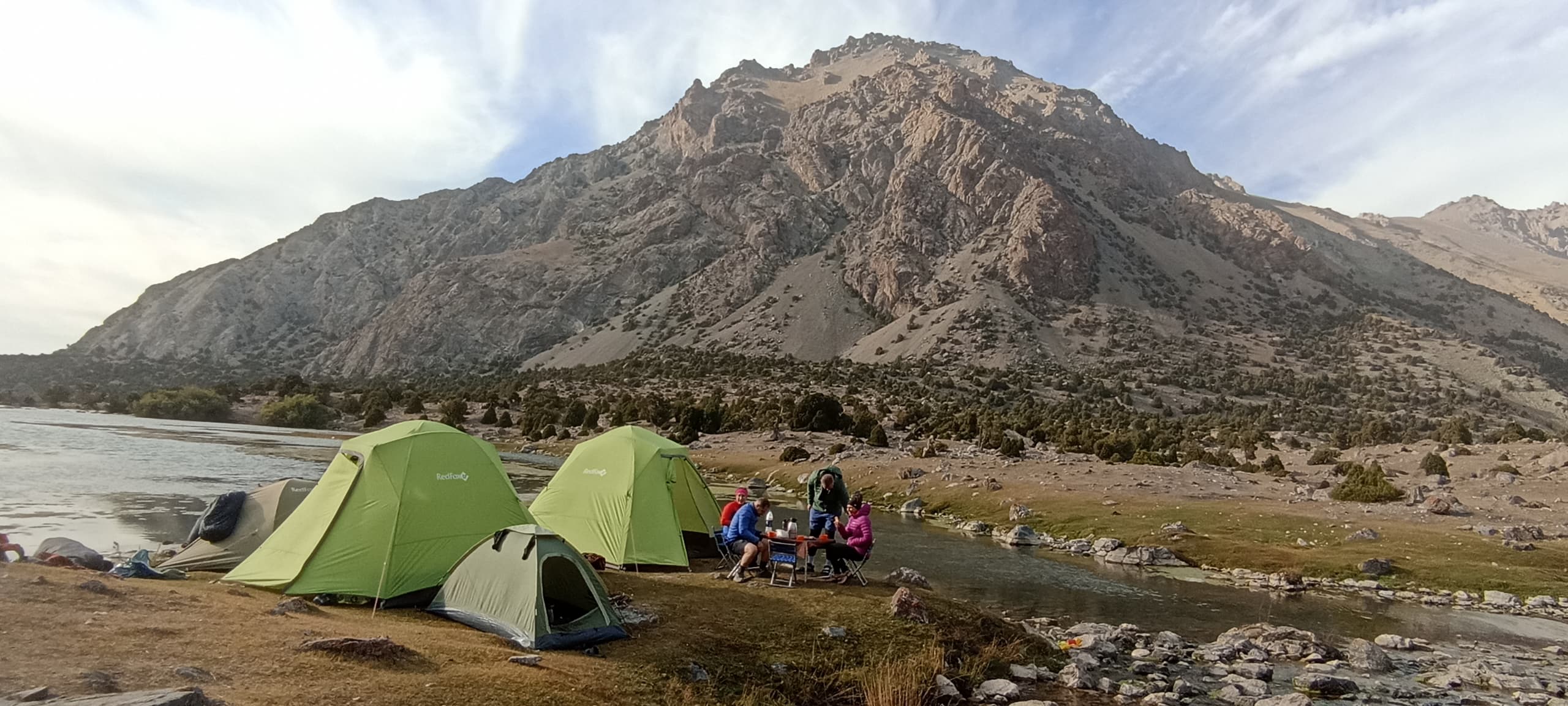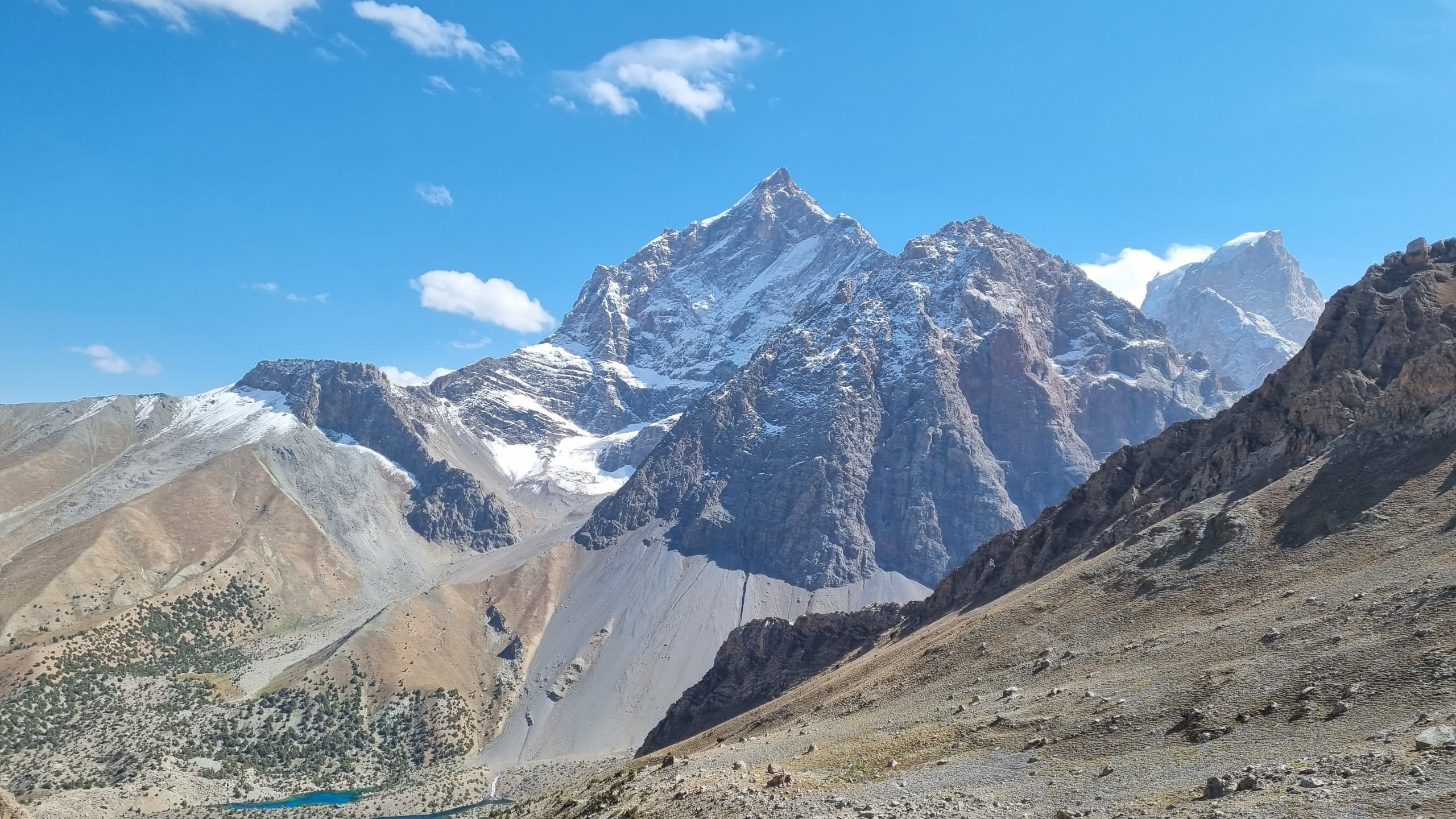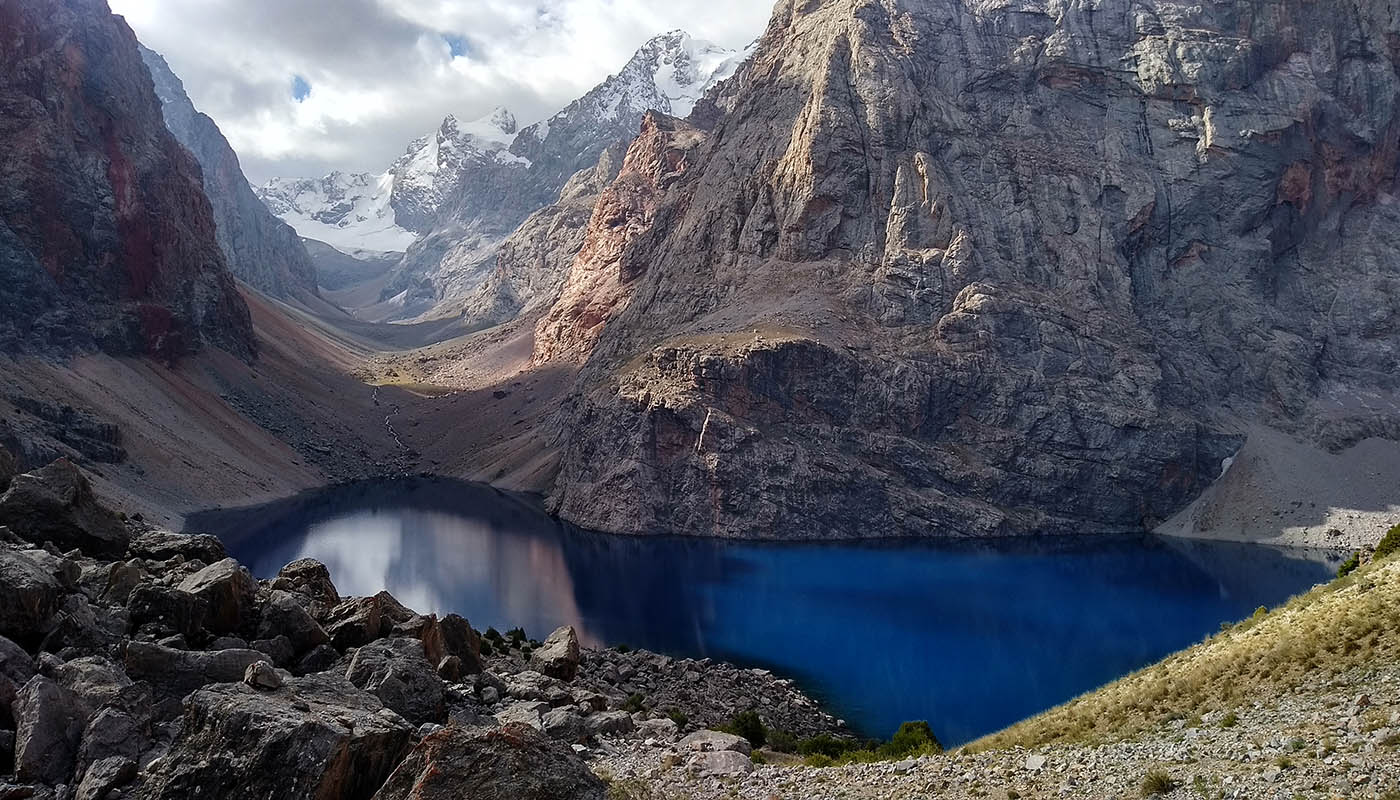Practical information
From accessible hiking trips to extreme trekking expeditions
Trek Grading
Easy
Easy treks are the least demanding for Tajik standards. Treks are short with limited elevation gain, often over difficult terrain though. The trails offer panoramic views without crossing giant mountain passes. The walking distance per day is mostly below 10 km. Nights are usually spent in homestays, so there is no need to carry heavy backpacks. The term ‘easy’ may be misinterpreted, as a reasonable fitness level is required and you need to be familiar with hiking in the mountains.
Moderate
Moderate treks may involve long days of hiking between 4 to 6 hours. You will sleep alternatively in a camp or homestay. A backpack of approximately 13 to 14 kg needs to be carried to bring clothing and food for multiple days, as well as cooking and camping equipment. Altitudes, the total walking distance, and overall elevation gain are on the low side. Treks can still be very difficult for untrained persons, and we advise regular physical exercise in the period leading up to a ‘moderate’ trek.
Challenging
Challenging treks are suited for people with a good fitness level. Treks take over a week with nights being most often spent in tents. The vertical height gain may be considerable per day (up to 1000 meters), while wearing a backpack weighing around 15 kg. Trekking altitudes are mostly between 2000 and 3000 meters, which is on the low side for Tajikistan. You will walk 5 to 7 hours per day over rough terrain and partly off-trail, for example over small ice fields. Although ‘challenging’ treks are not the most difficult ones, a proper physical preparation is indispensable.
Hard
Hard treks are highly demanding and require a strong physical condition. Long hiking days of 6 to 8 hours are common to cover distances up to 20 km. A heavy backpack (> 16 kg) needs to be carried over rough trails and off-track stretches over ice fields and scree slopes. Prepare for elevation gains over 1000 meters in a single day and crossing mountain passes up to 5000 meters high. Most nights — which are frigid at altitudes above 3000 meters — are spent in tents. Compared to ‘extreme’ treks, ‘hard’ treks often do offer the opportunity to stay in homestays for several nights, which gives some extra comfort and allows for carrying less heavy backpacks. Plentiful mountain hiking experience is an advantage to make it through these treks.
Extreme
Extreme treks have the highest difficulty and are located in the most remote parts of Tajikistan and at the highest altitudes (above 4000 meters). The treks lead over rough terrain with possibly risky off-trail stretches. Facilities like homestay accommodations are scarce or even non-existent. Most nights are spent in tents in the wilderness. The landscape at the highest altitudes is barren and you will be fully exposed to the elements. A heavy backpack (> 16 kg) is to be carried to bring camping equipment and all food necessary for the duration of the trek. An optimal level of fitness is required as well as a willingness to push your limits. Previous specialized mountaineering skills however are not a prerequisite, as the treks do not involve the usage of any climbing equipment.
Preparation and nutrition
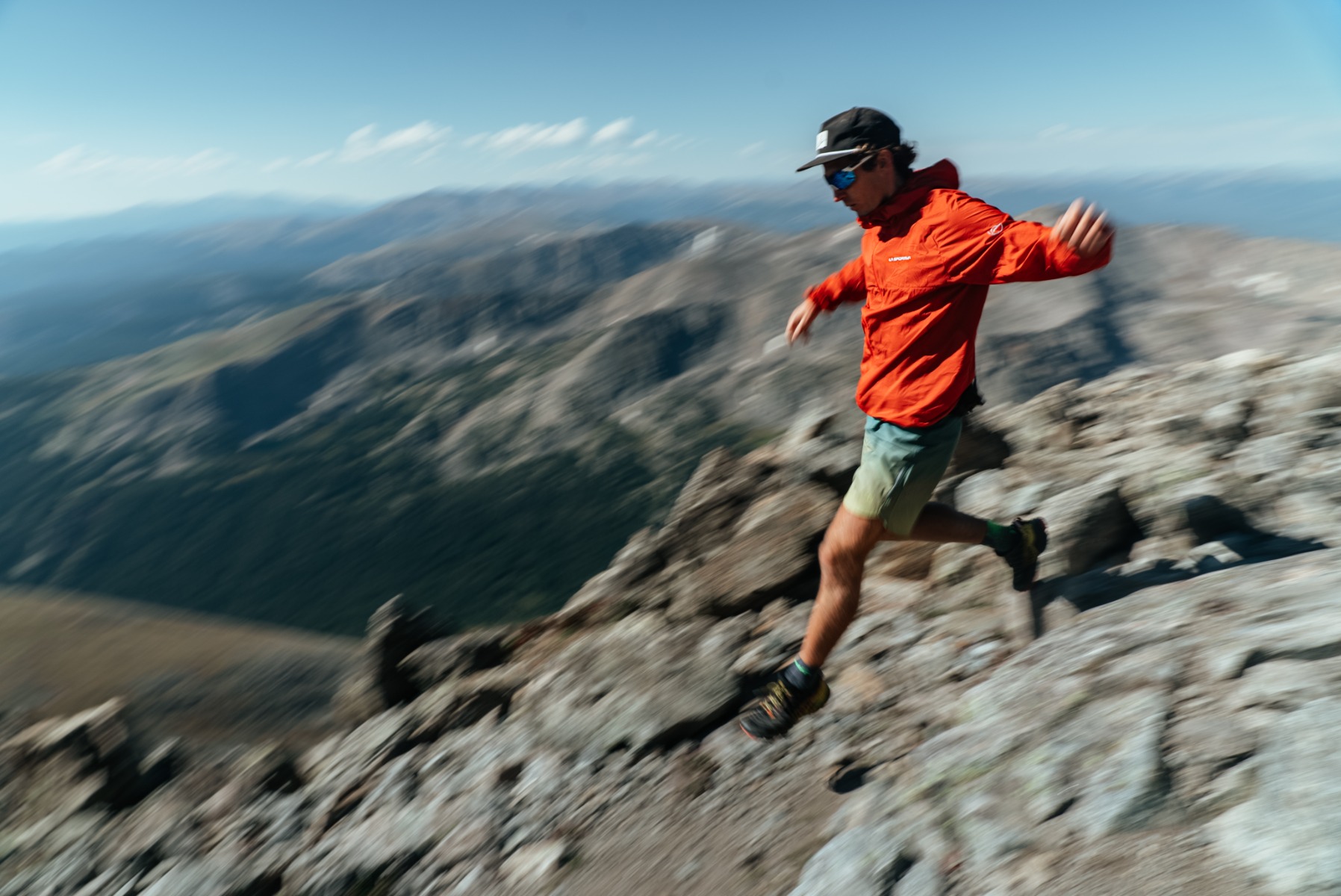
Physical preparation
Build up your physical shape and stamina before traveling to Tajikistan. Hiking day after day with a full equipment at altitudes above 3000 meters is highly demanding for your condition. Exercise regularly and practice long hikes to start off with a good fitness level.
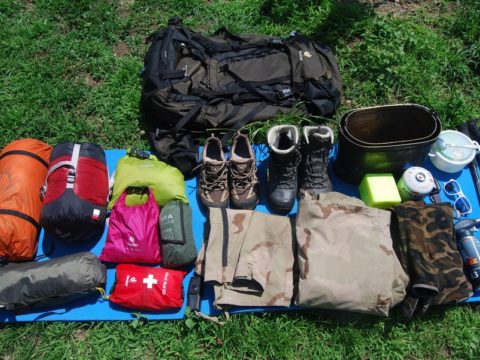
Equipment
Pick your personal equipment wisely. Do not take unnecessary items and limit the amount of clothing. Every gram adds up to the total weight that needs to be carried over all the mountain passes. Also take a comfortable backpack to ease the strain on your back and shoulders as much as possible.
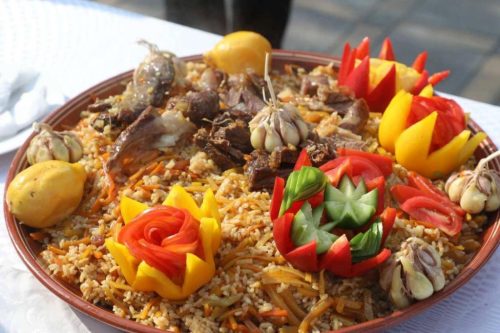
Nutrition
Getting in enough energy while trekking is the most direct way to make life easier. You will be burning tons of calories, which need to be replenished continuously. Staying hydrated is also vital to keep on going. Improper nutrition and dehydration can affect your performance in a negative way.
Packing List
Bring-yourself-essentials
- Comfortable backpack (± 70L)
- Sturdy hiking shoes
- Hiking/sports pants
- 2-3 hiking shirts
- Multiple top layers to stay warm
- Set of comfortable evening clothes
- Rain jacket
- Hat/cap
- Flip flops
- Personal medicines
- Sunscreen, tooth brush/paste and other essential toiletries
- Hiking poles
- Photo camera
- Powerbank
Provided by us
- Breakfast meals
- Evening meals
- Snacks (trail mix, candies, energy bars, etc.)
- Cooking equipment (burner, gas canisters, pans etc.)
- Eating utensils (bowls, cups, cutlery)
- First aid kit
- Basic medicines
- Water filters and water purification tablets
- Satellite phone for emergency situations
- Microfiber towels
- Headlights
Can be rented
- Light-weight trekking tents
- Down sleeping bags, liners and inflatable mats
Tajikistan Country Info
Main dish in restaurant: 2-4 USD
0.5L of beer in a bar: 1 USD
0.5L bottle of coke: 0.5 USD
15 min taxi drive: 2-3 USD
Bargaining is common in Tajikistan on the bazaars or when dealing with drivers. Most shops, bars and restaurants are open seven days a week. Precise opening times vary.
For nationals of most countries, a tourist visa can be acquired fully online through evisa.tj. Alternatively, a visa-on-arrival is also available for most travelers. Passport holders of most countries of the former SSSR can travel to Tajikistan without a visa. Check out the visa info page for more detailed info on the process.
Featured Treks
Not sure which trek to choose?
Let us know about your wishes to design a tailor-made trip

